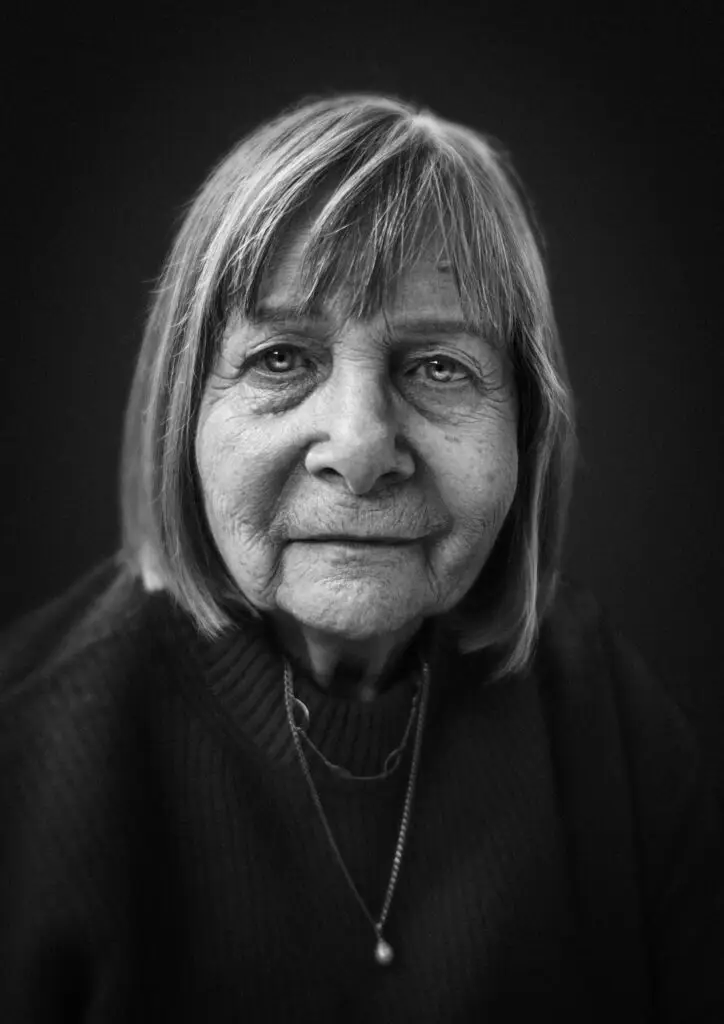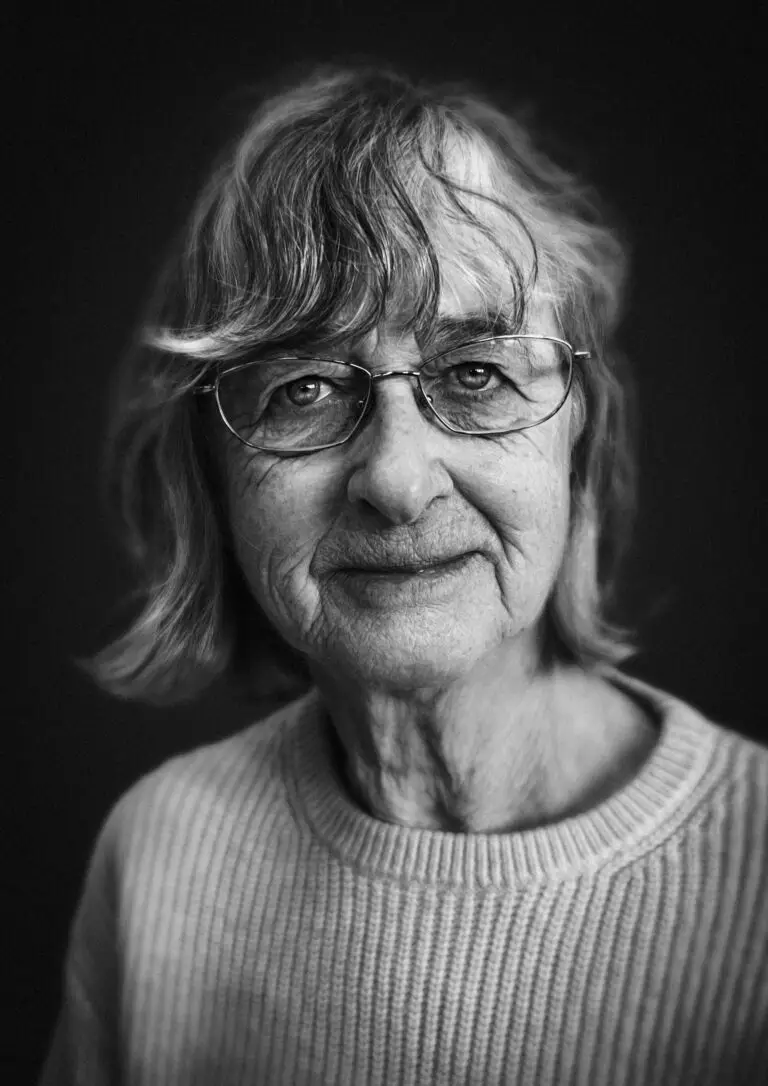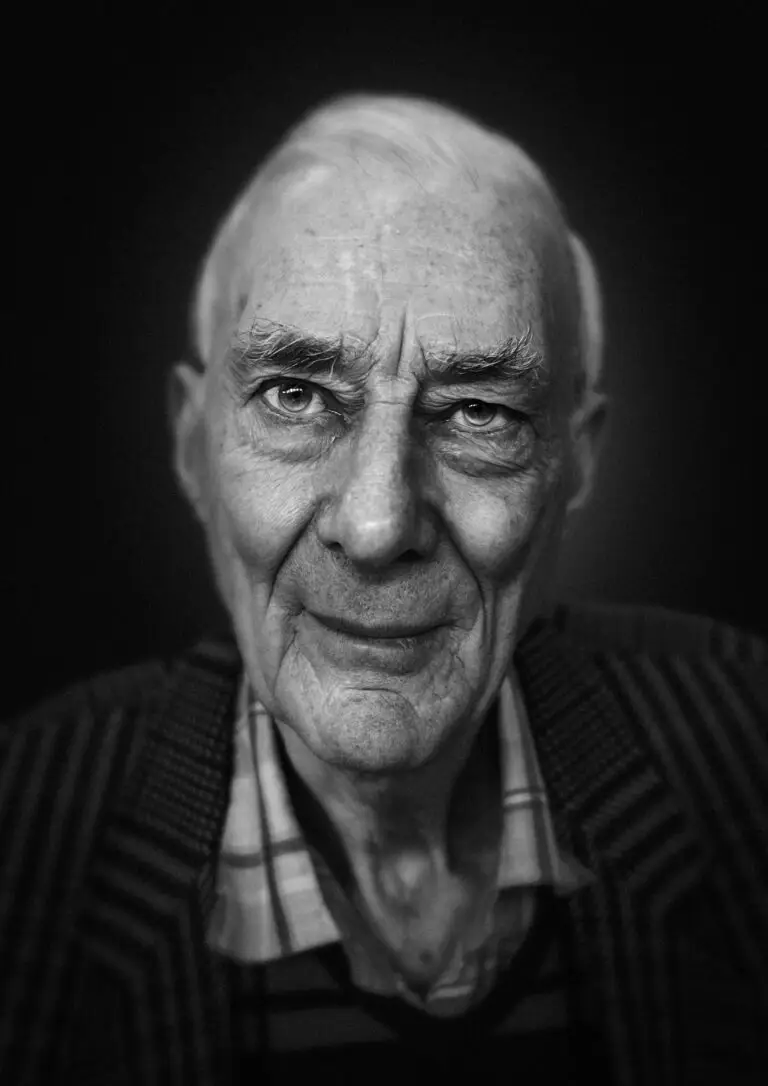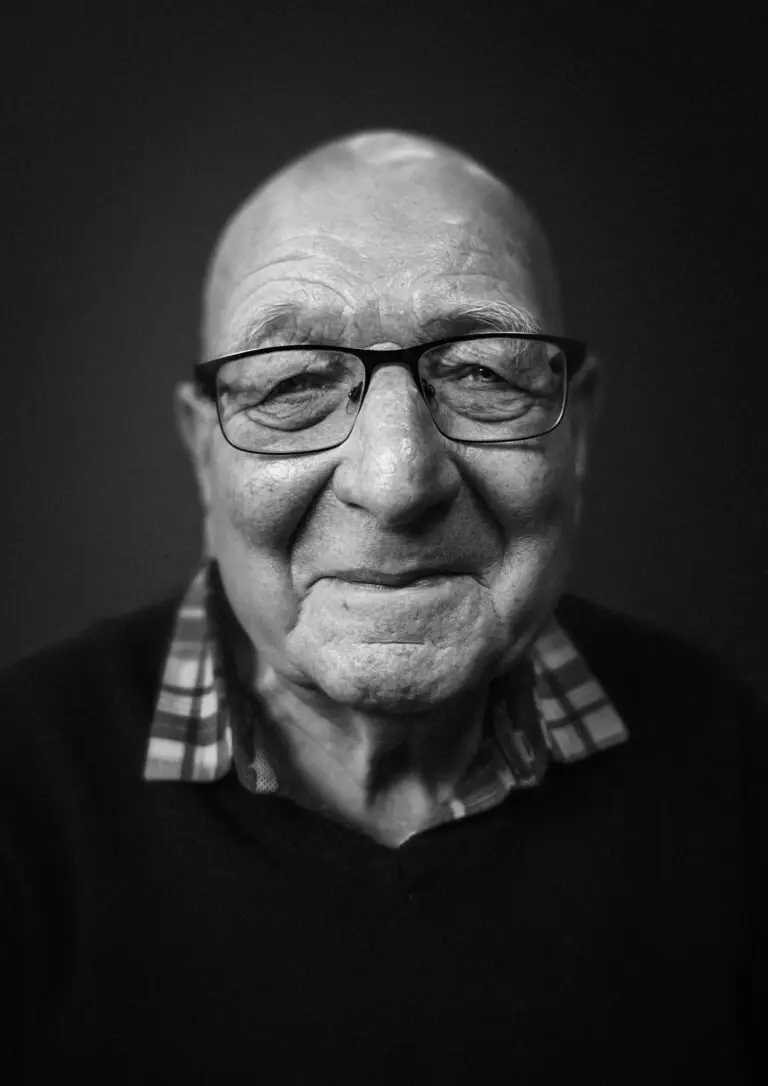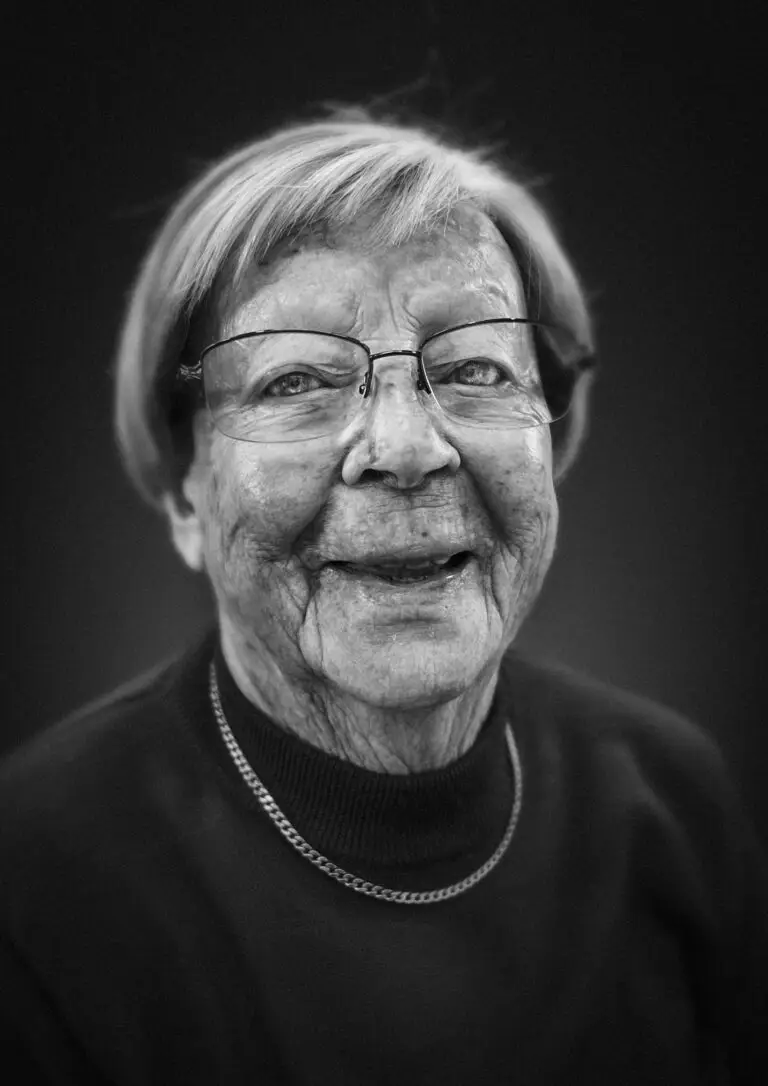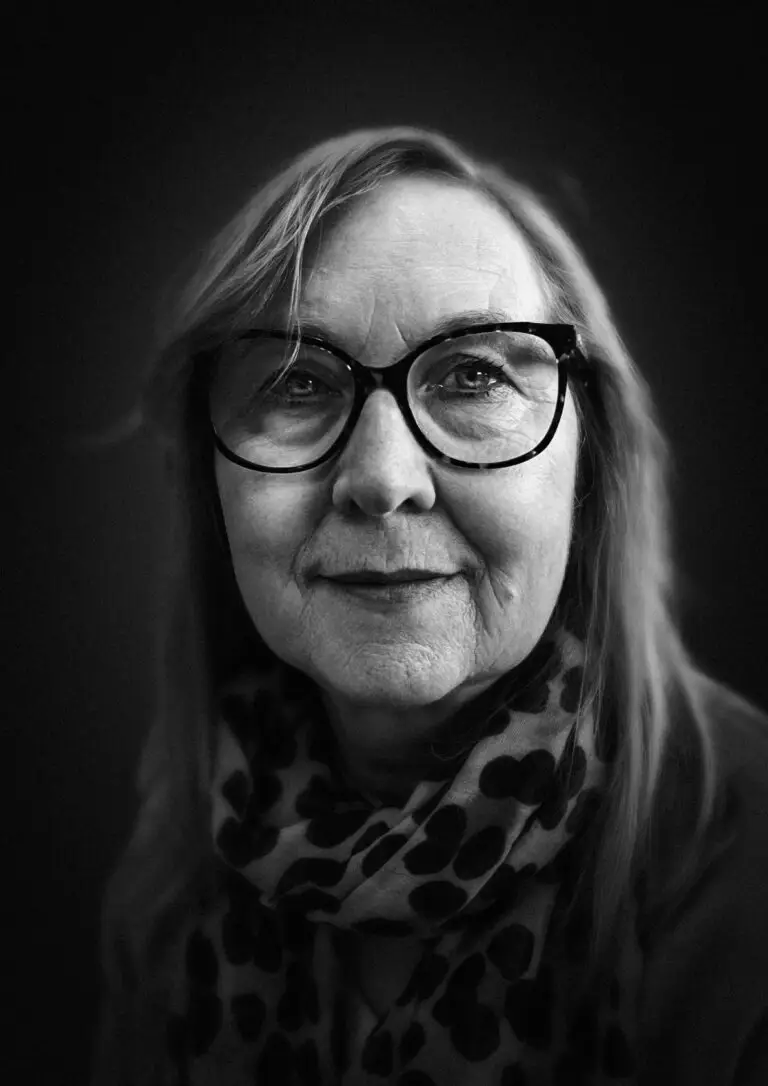My husband, Gerald, has always been a strong, intelligent man. Before dementia, he worked as an industrial chemist, travelling the world with an Italian company. He had a quick mind, a steady presence, and a love for family life that made the everyday moments special. Our world was simple, full of quiet joys: conversations over dinner, shared laughter with our children, and the gentle companionship that only deep love can build.
Life shifted long before the word “dementia” entered our story. Years ago, Gerald suffered from encephalitis, and although he recovered, it left him with some long-term memory loss. We adapted to that, adjusted our rhythms, and carried on. But about four years ago, something deeper began to change — the sharpness faded more, and small confusions became harder to explain away.
When the diagnosis finally came, it wasn’t a surprise. In my heart, I already knew. Yet hearing it spoken aloud was like drawing a line through the life we once knew. Dementia felt so final. I had hoped, quietly, that an early diagnosis might mean there was something we could do, a treatment that could slow it down. But it wasn’t to be. What lay ahead was simply the journey — no map, no easy answers.
Dementia has changed every part of our daily life. Gerald can’t be left alone now. Every outing, every plan, must include him. Freedom — something I once took for granted — has slipped away. Finding ways to keep his mind active is a daily struggle. Conversation is limited. He doesn’t follow the television or the news anymore. Often, the same question is asked, over and over, every few minutes. Some days, it takes all the patience I have just to answer again with kindness.
Yet through it all, Gerald remains gentle. He is still, at his core, the kind, happy man I married. His personality, though quieter now, still brings a soft steadiness to my days. And that is a blessing not everyone is given.
There are, of course, moments of deep sadness. I miss the life we had — the easy conversation, the spontaneous outings, the simple decision to just go somewhere or do something together. Now, our life is built around routines: jigsaws we do side by side, old songs we sing that still spark a light in him, small tasks shared throughout the day.
I’m grateful for the support we have. Our family has been wonderful, and places like the memory café and the Jubilee Centre have become lifelines. They give Gerald activities to look forward to — and they give me precious moments to breathe and remember who I am beyond being a carer.
Routine anchors us both now. If Gerald’s day is disrupted, confusion and distress follow quickly. We live carefully, holding onto the structures that give him peace.
If I’ve learned anything from this journey, it’s patience — deep, enduring patience not just with Gerald, but with myself. I’ve learned that you can’t pour from an empty cup; looking after myself is not selfish, it’s survival. Chocolate in bed after a long day, a few hours of music or conversation with friends — these small kindnesses keep me steady.
Hope looks different now. I no longer dream far into the future. I simply hope for comfort, for moments of connection, for peaceful days for Gerald. I hope that society continues to understand dementia better — not just as a medical condition, but as a profoundly human experience, one that reshapes lives in quiet, invisible ways.
Our life today isn’t what we once planned. But there are still moments of love here — quiet, resilient, stubborn love — woven into the smallest gestures, the shared smiles, the simple being together.
If I could offer one message to anyone facing this path, it would be this:
Be patient. Be kind to yourself. Hold onto the small, beautiful things. You are not alone.
